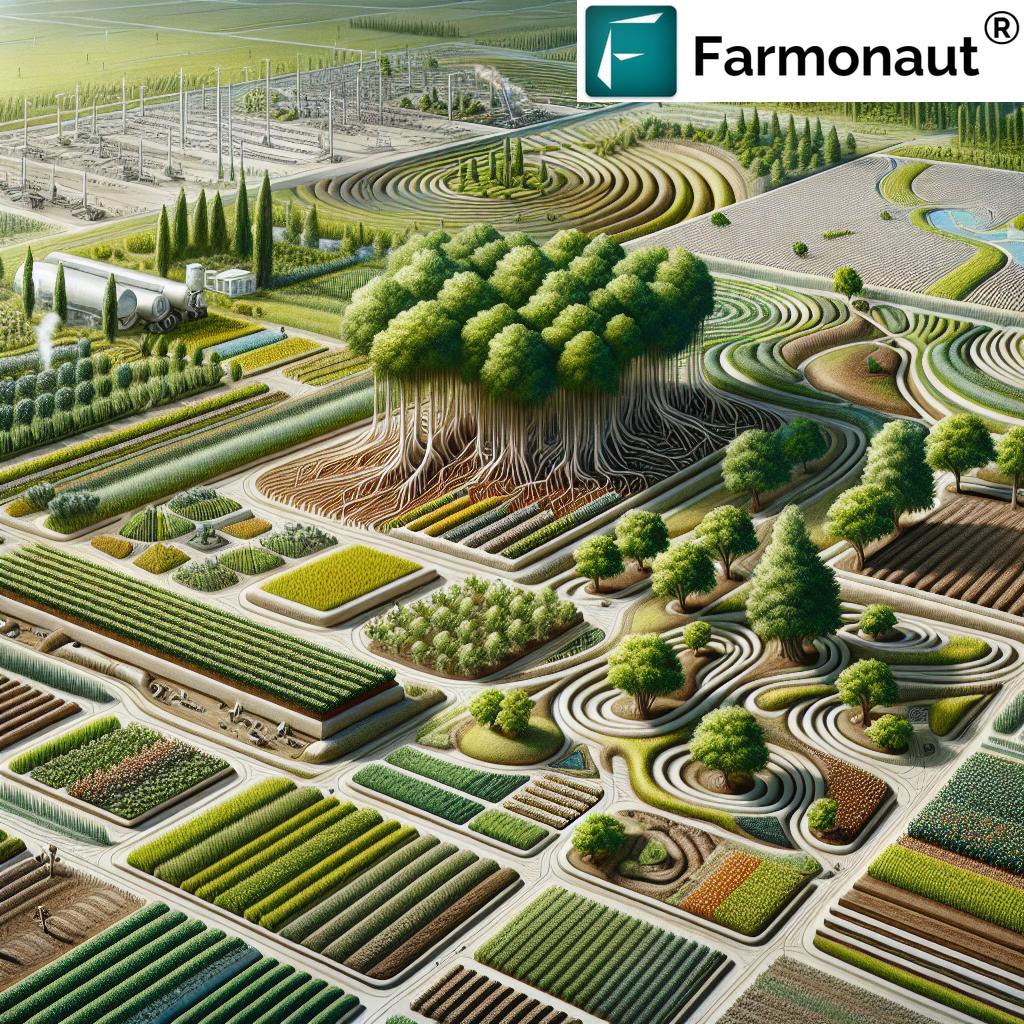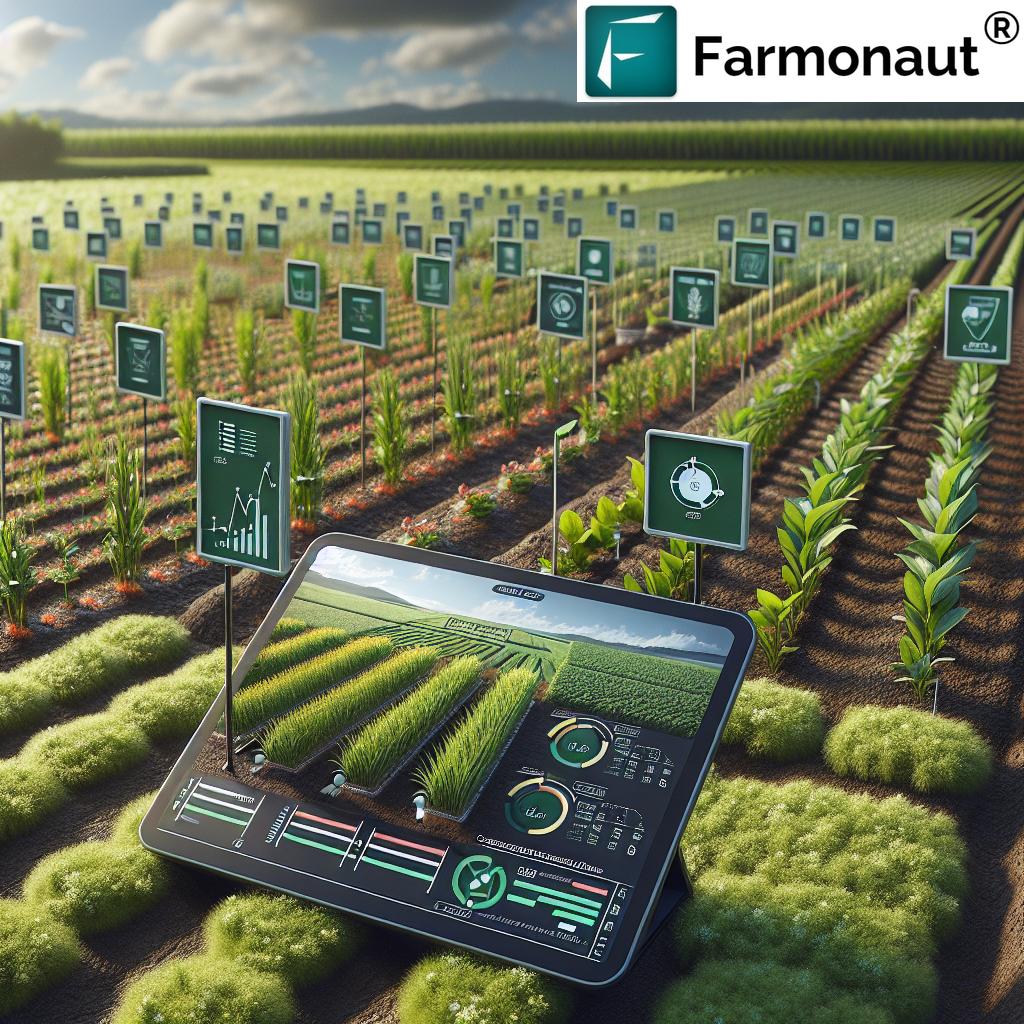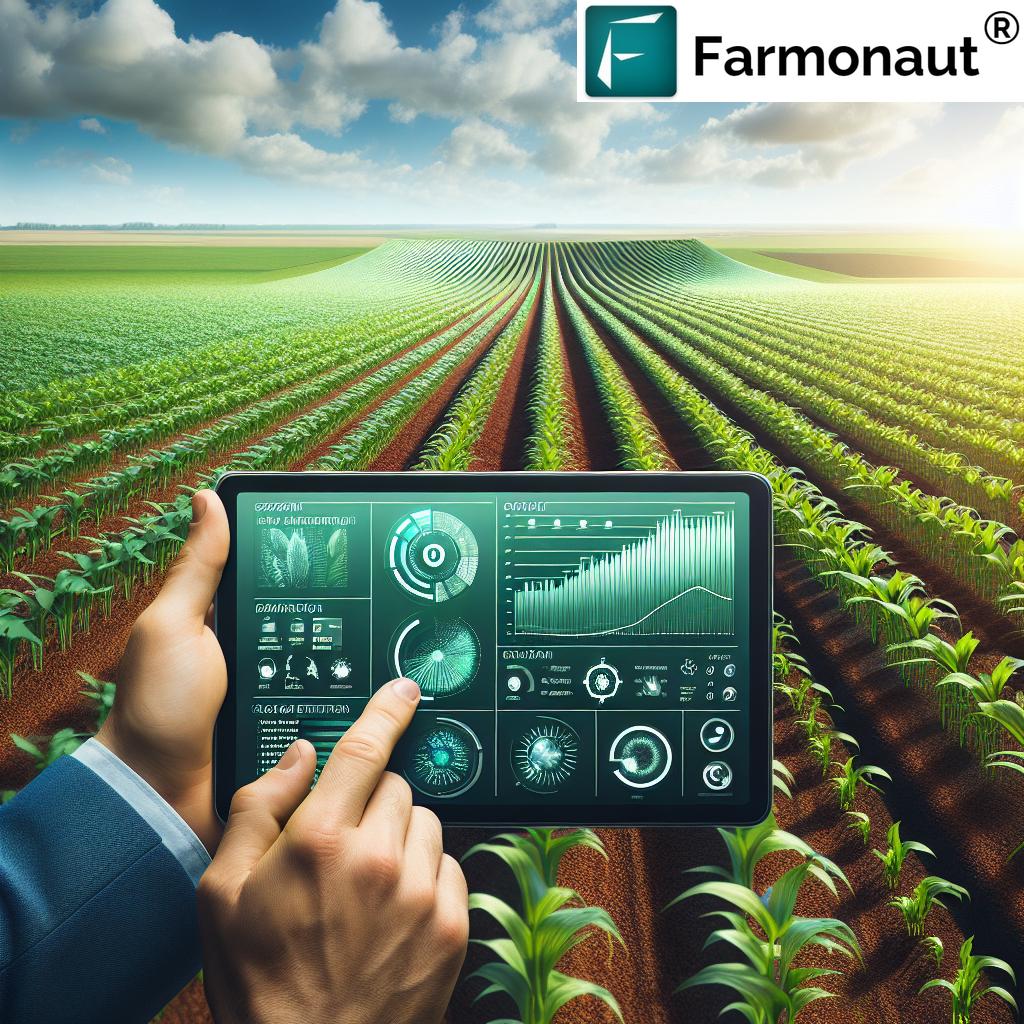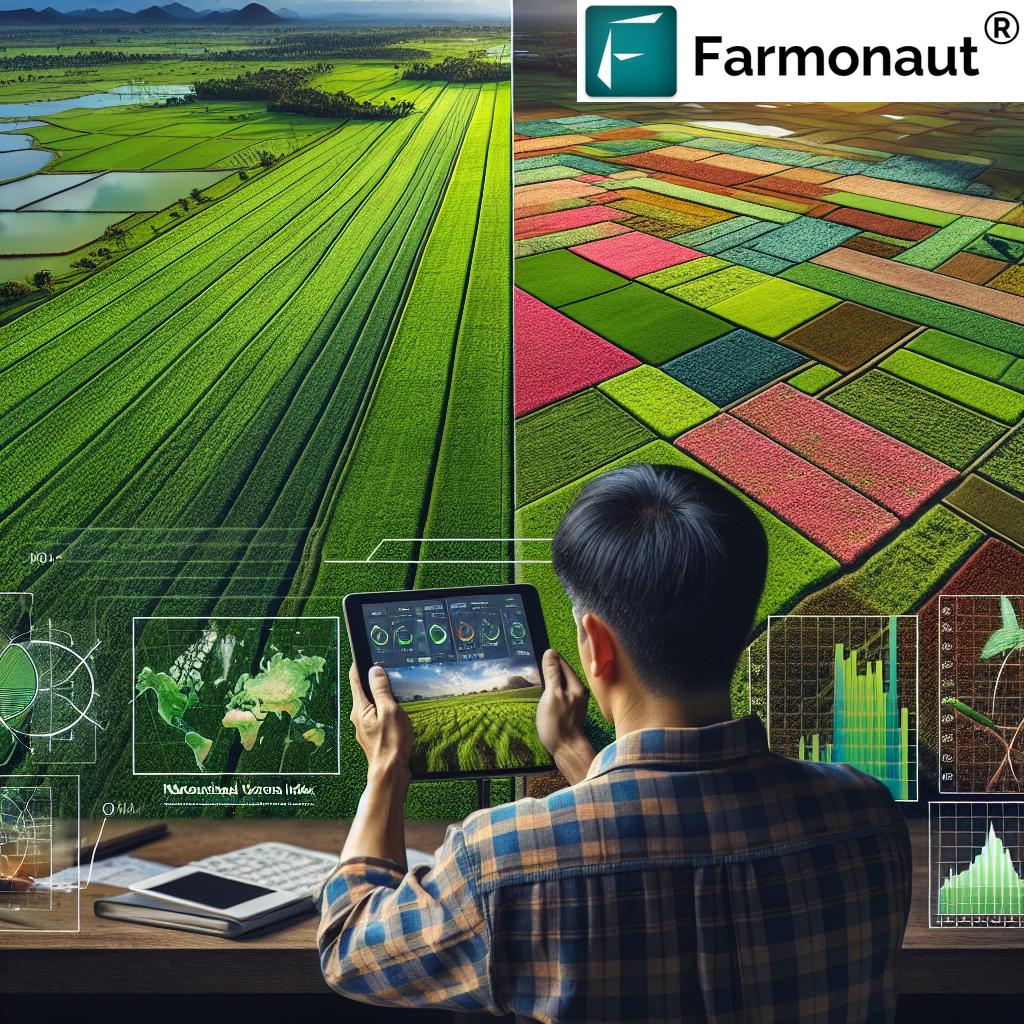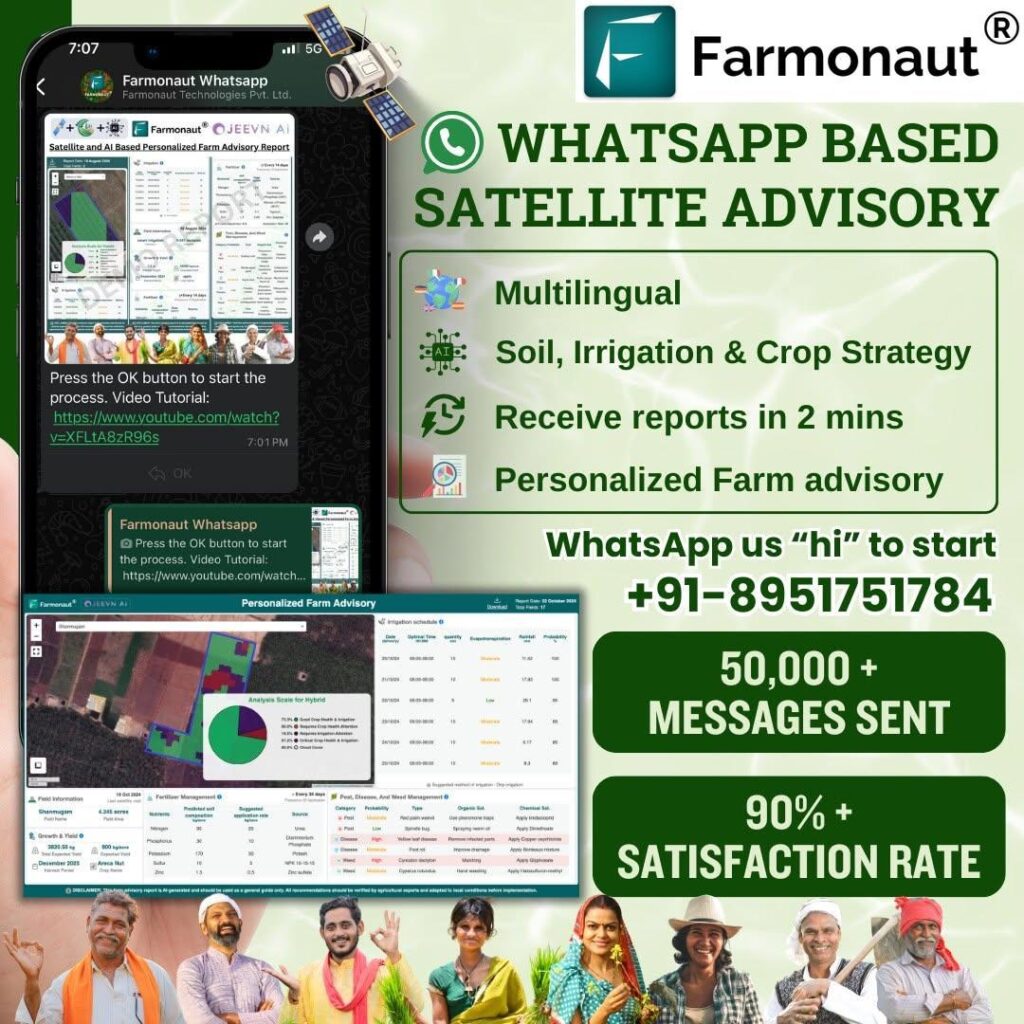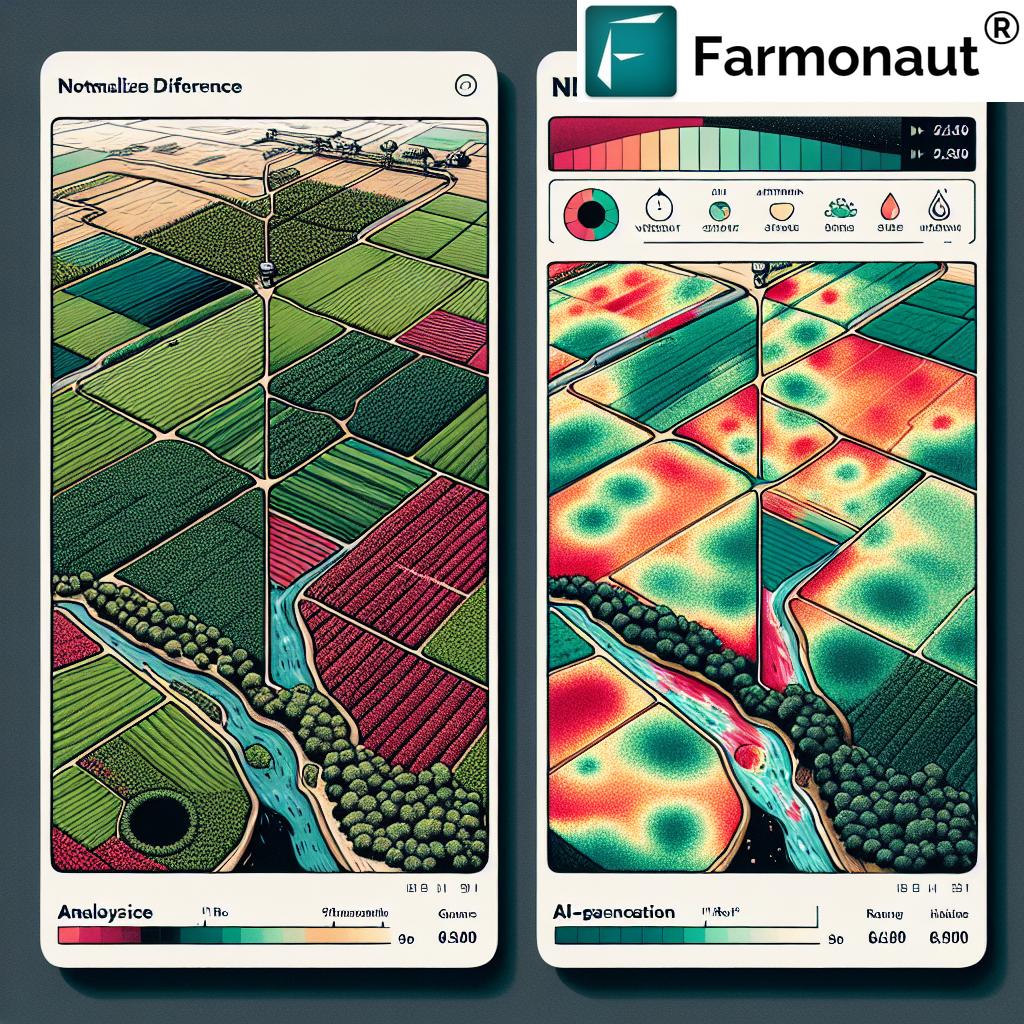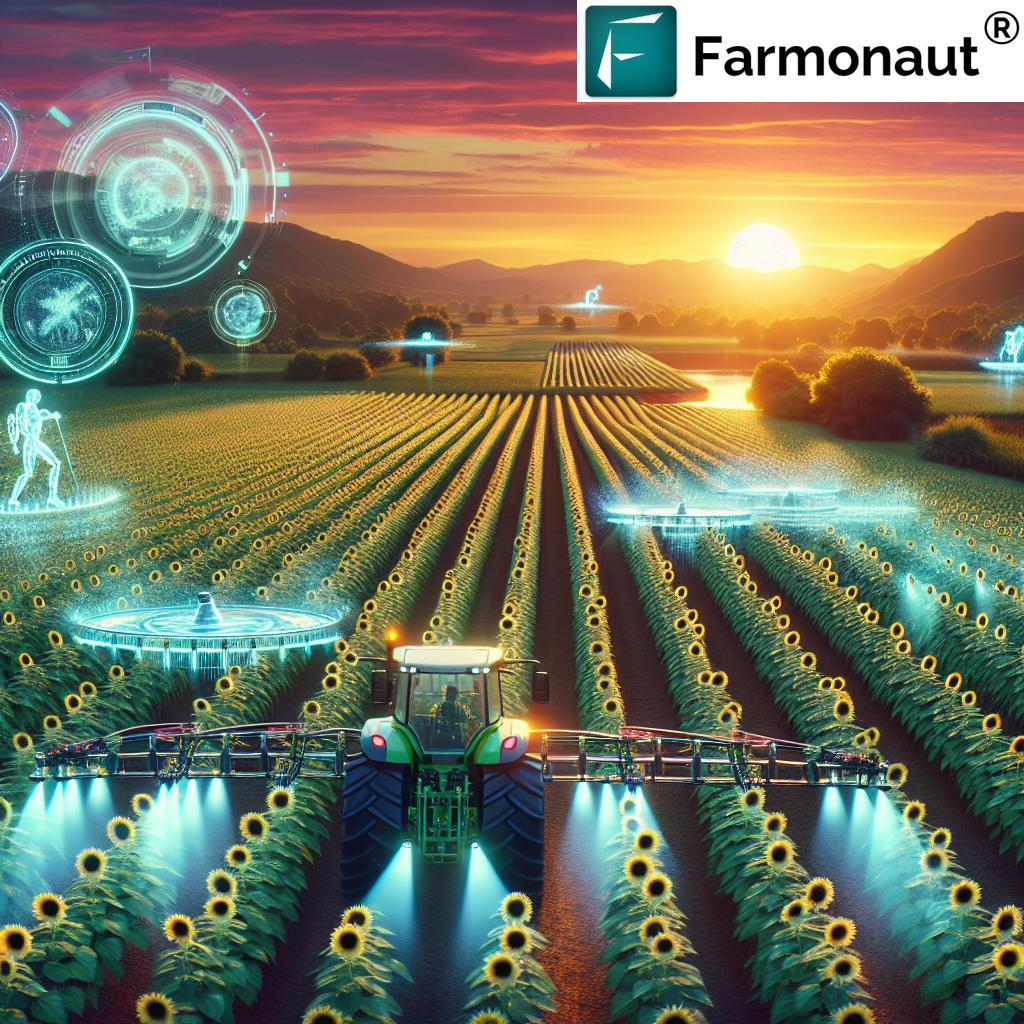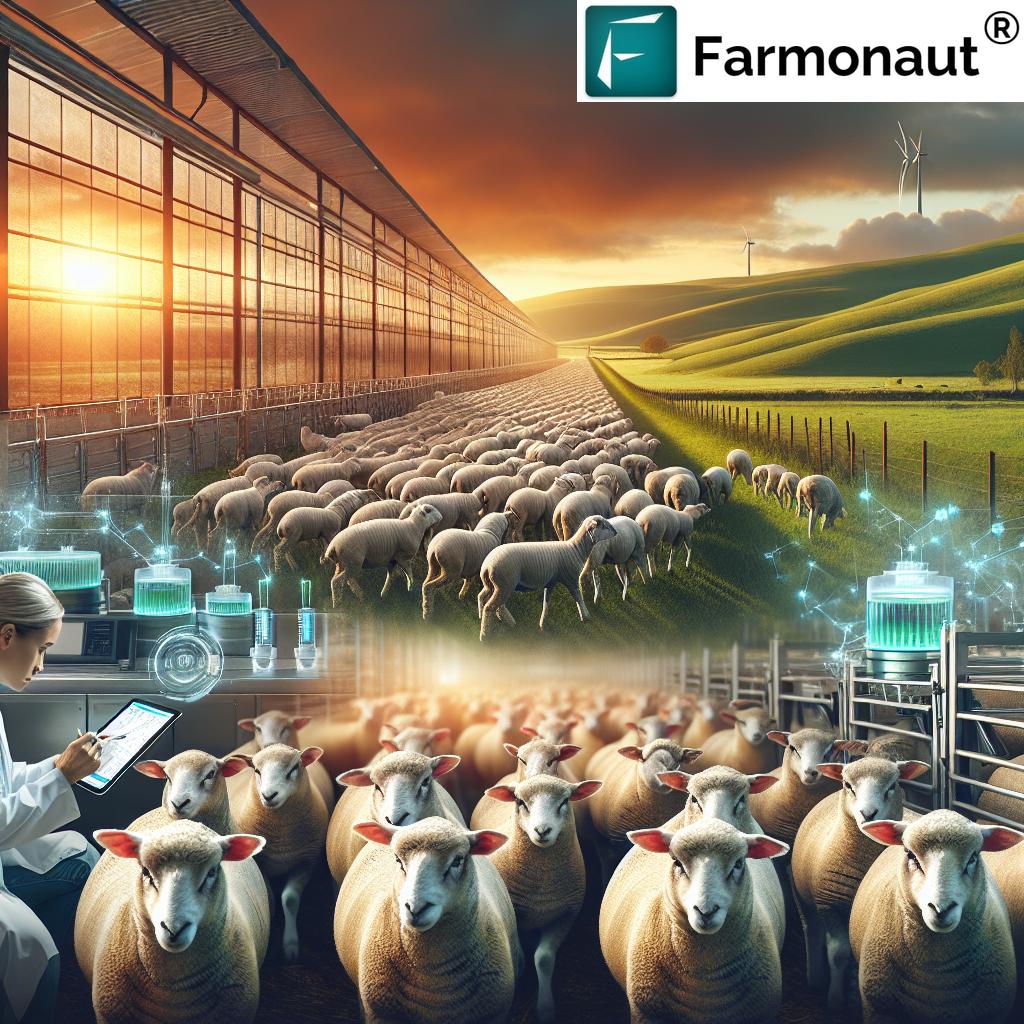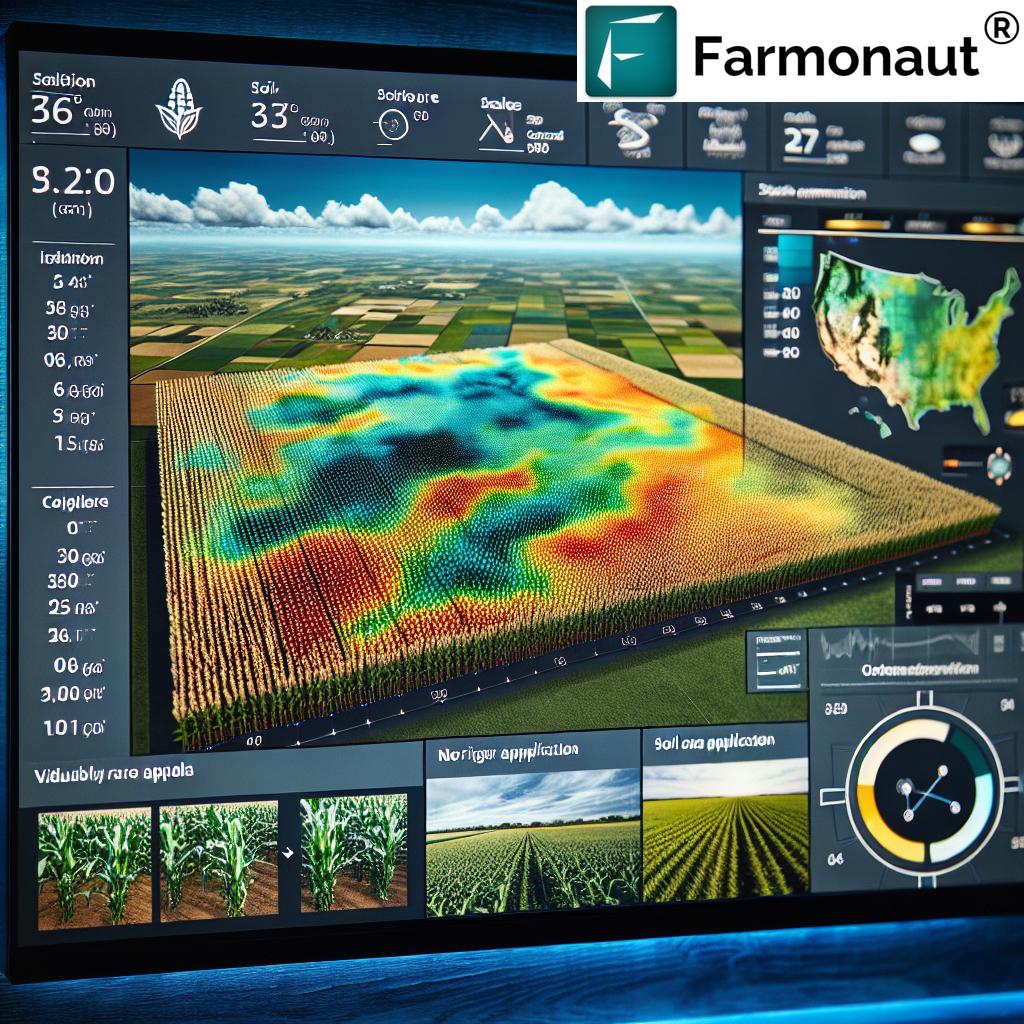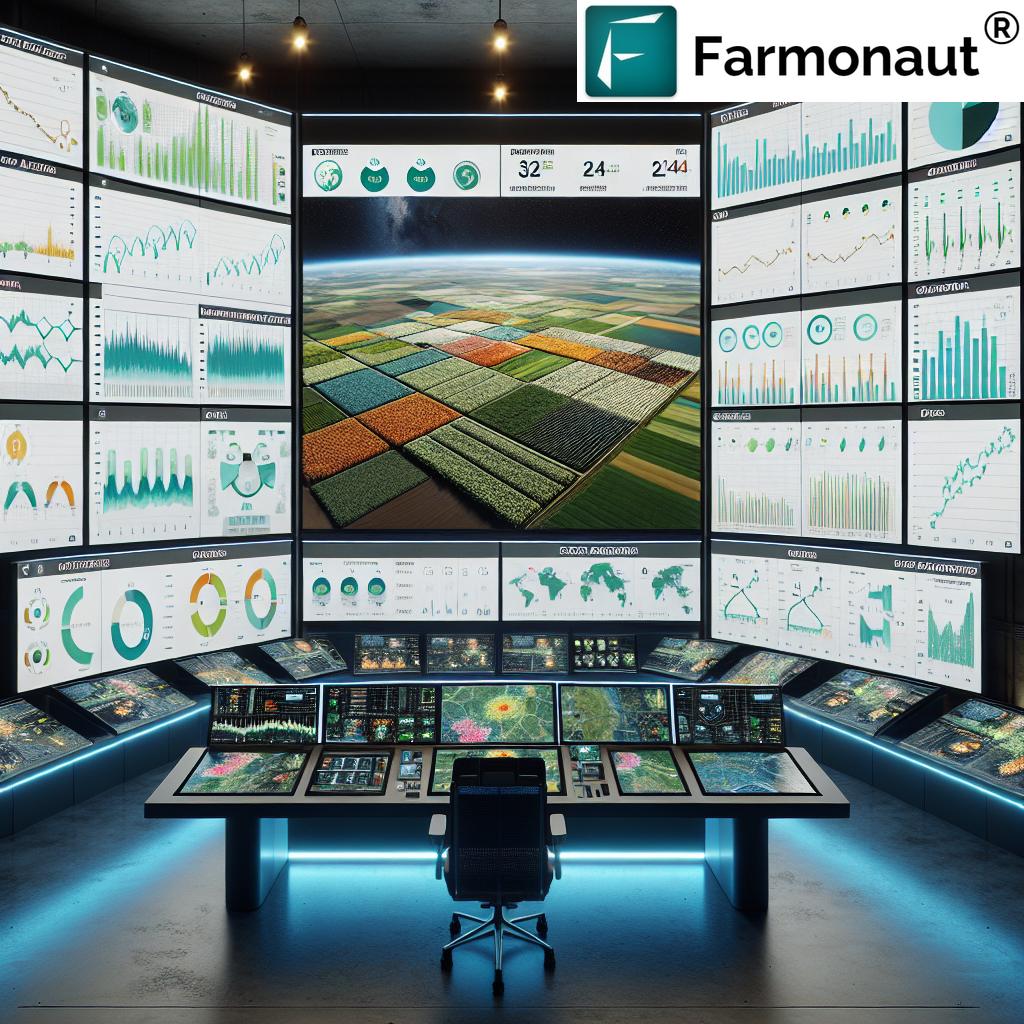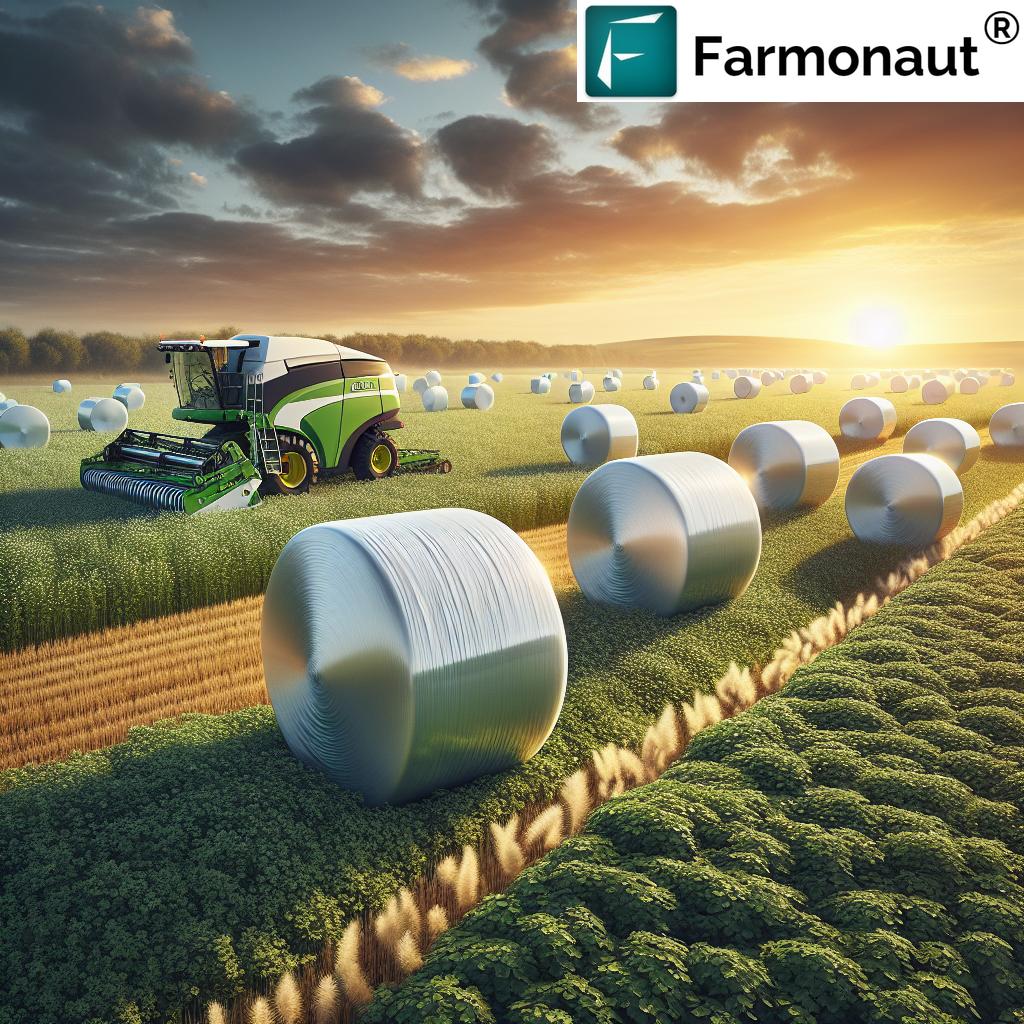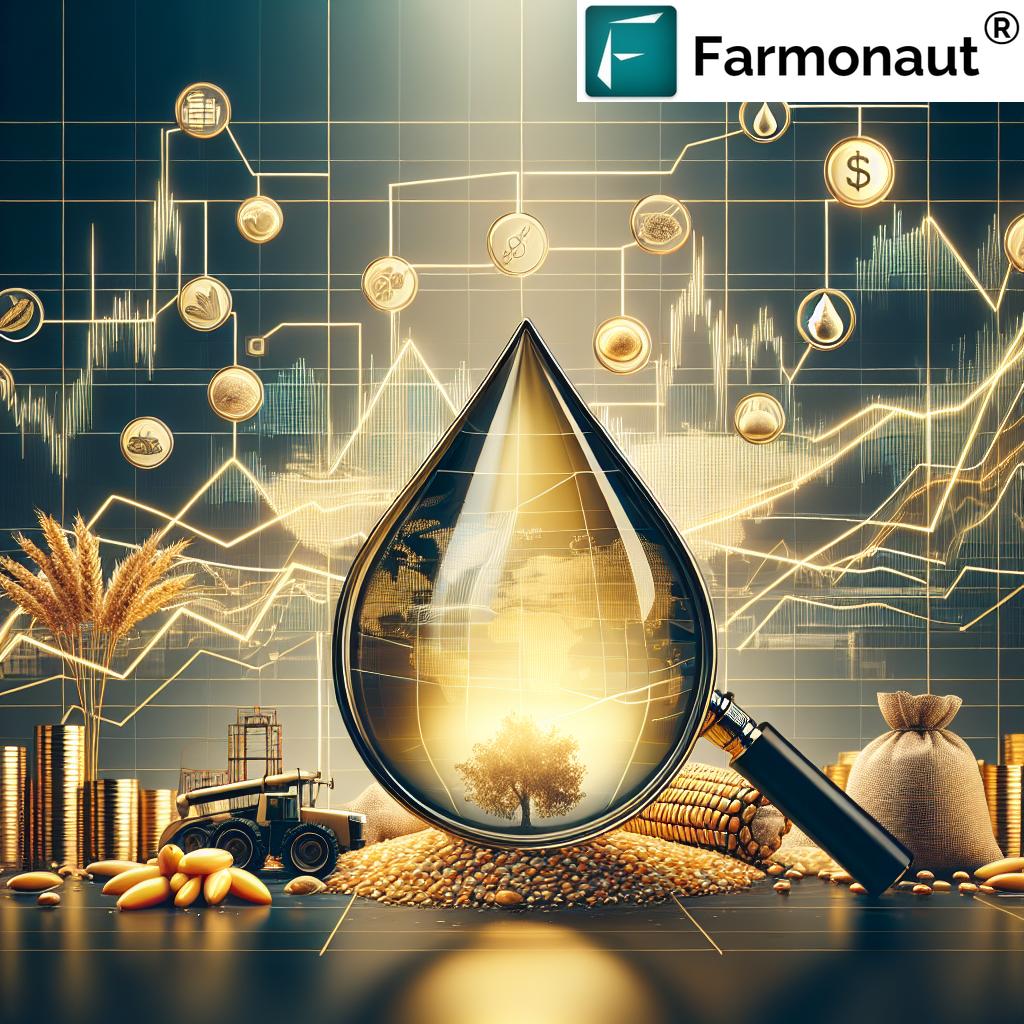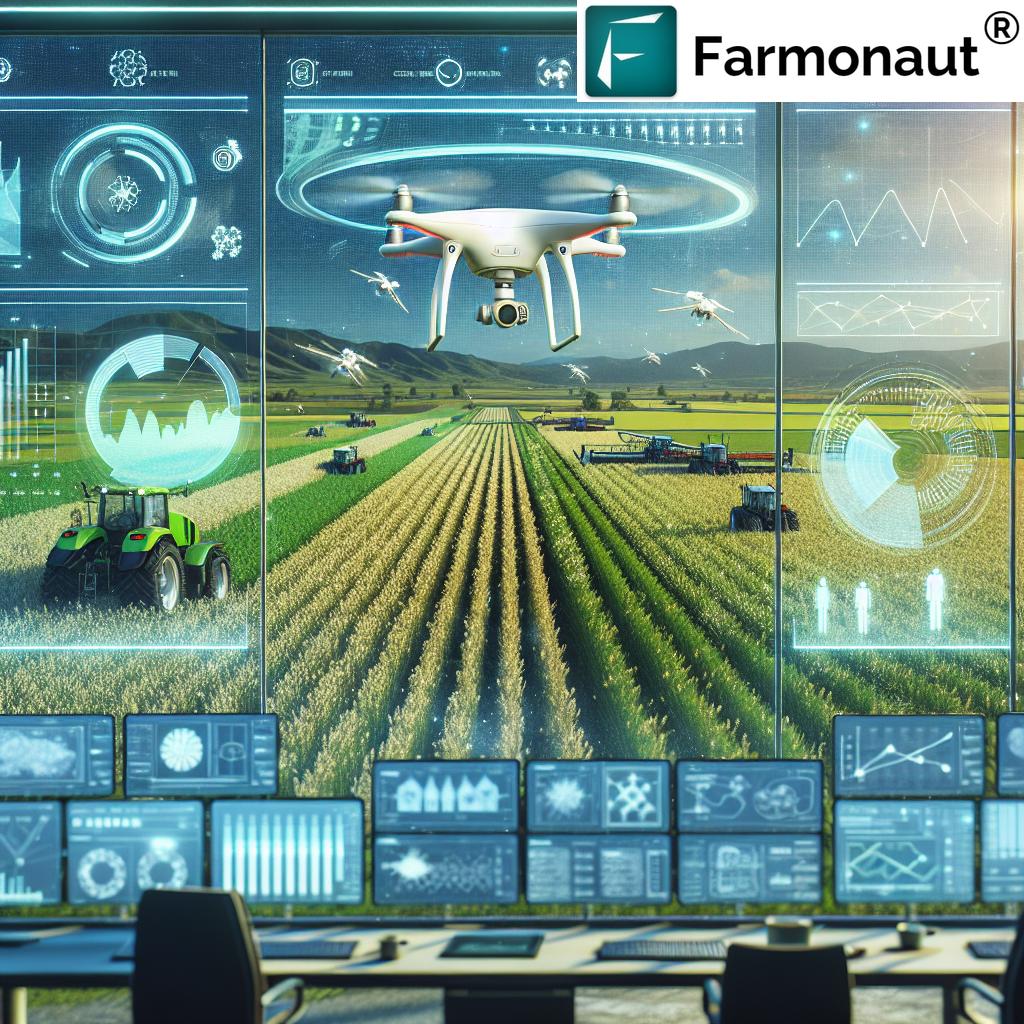Well Yield Experts Reveal Shocking Precision Ag Secrets! (2024 Guide)
Meta Description: Well Yield Experts Reveal Precision Ag Secrets: Explore how AI, sustainable practices, and precision agriculture are optimizing yields, crop management, and sustainability for farms and forests globally.
“AI-driven precision agriculture can boost crop yields by up to 30% while reducing fertilizer use by 20%.”
Introduction: The Precision Agriculture & Sustainability Revolution
Across the globe, yield optimization is a central mission for modern agriculture and forestry. As our world’s population grows and climate and environmental challenges intensify, we must find new ways to produce more with less. Enter the era of well yield experts, where advanced technologies like precision agriculture, AI-based innovations, and sustainable practices are combining with deep agronomic knowledge to transform how we grow crops, manage soil and water, and plan for the future.
We will explore how these experts—armed with scientific understanding and innovative tools—are achieving higher yields, improving resource management, and promoting both ecological balance and economic viability. Join us on a journey to the heart of the agricultural revolution, discover the secrets to crop yield optimization, and see why the next decade belongs to precision, data, and sustainability.
Understanding Well Yield Experts: Masters of Yield Optimization
At the core of modern agriculture and forestry management are well yield experts—professionals dedicated to maximizing productivity while maintaining sustainability and environmental responsibility. But what makes these experts so essential in 2024 and beyond?
- Blend of Tradition & Innovation: They combine plant science, soil knowledge, and climate analysis with technological advancements such as AI, satellite imagery, and IoT-based monitoring.
- Holistic Resource Management: Their focus extends from soil nutrient balancing to water retention strategies and agroforestry integration for sustainable practices.
- Data-Driven Decisions: Harnessing real-time data for crop health monitoring and responsive interventions is a key part of their approach.
Ultimately, well yield experts are the stewards of our agricultural future, fusing optimization with sustainability to produce more food, fiber, and forest resources while reducing negative impacts on the planet.
Key Responsibilities and Areas of Expertise
To achieve optimal yields and support environmental balance, well yield experts utilize a framework built on these pillars:
1. Soil and Water Management: The Foundation of Yield Improvement
Effective soil and water management is crucial for thriving agricultural and forestry operations. Well yield experts analyze soil health, structure, and nutrient content, then craft fertilization and irrigation strategies that enhance both productivity and sustainability.
- Soil Health Assessment & Conservation Tillage: Using soil sensors and remote sensing, we identify nutrient deficiencies and areas needing amendment. Techniques such as conservation tillage and rainwater harvesting protect soil fertility and increase water retention.
- Precision Irrigation: By implementing GPS-controlled systems and analyzing satellite-derived soil moisture data, we deliver the right amount of water, reducing waste and optimizing crop yields.
- Fertilizer and Nutrient Management: Precise application of fertilizers is driven by crop-specific data, reducing input costs and avoiding runoff into the environment.
Did you know? Modern precision irrigation techniques can save water usage by up to 30% compared to traditional approaches—vital for regions facing climate and resource constraints.
Explore scalable crop plantation and forest advisory tools that leverage remote sensing for proactive management and improved yield outcomes.
2. Crop Selection and Breeding: Unlocking Genetic Potential
Selecting the right crop varieties and applying modern breeding techniques are fundamental for yield optimization. Advances in agricultural biotechnology allow us to develop genetically modified (GM) crops—like BT cotton and BT brinjal—with enhanced yield potential and resistance to major pests or diseases.
- Variety Selection Strategies: We select crops based on climate, soil characteristics, and desired output (e.g., nutrition, fiber, biofuel).
- Biotech and GM Crops: GM crops produce proteins toxic to specific insects, reducing the need for chemical pesticides and improving yield stability.
- Breeding Programs: Ongoing research aims to combine drought tolerance, disease resistance, and high productivity in new hybrids.
As a result, improved varieties are enabling higher, more stable yields even as climate risks escalate.
3. Precision Agriculture Technology & Innovation: Data-Driven Yield Enhancement
Modern precision agriculture is a game changer for yield optimization. We leverage a combination of GPS-guided tractors, satellite imagery, and data analytics to monitor crops, predict risks, and enable ultra-targeted interventions.
- Satellite-Based Crop Monitoring: Platforms like Farmonaut utilize multispectral satellite imagery for real-time vegetation and soil moisture assessment.
- AI-Driven Advisory Tools: AI systems synthesize weather forecasts, soil scans, and field images to provide personalized crop strategies.
- Remote Sensing for Pest & Disease Detection: We can spot outbreaks early—enabling preventive action, reducing chemical usage, and stabilizing yields.
- Variable Rate Technology (VRT): Automated machinery applies the right amount of fertilizer, pesticide, or water to each part of the field, reducing inputs and improving yield uniformity.
It’s no wonder that precision agriculture systems help minimize resources and can boost yields by up to 15–30% compared to traditional methods!
4. Agroforestry Systems and Sustainable Practices: Trees, Fields, and Forests in Harmony
Integrating trees into agricultural systems—known as agroforestry—offers immense benefits for soil health, biodiversity, and yield stability.
- Silvopasture: Combining trees, forage, and livestock to increase overall productivity and soil protection.
- Forest Farming: High-value crops like mushrooms, herbs, or berries are grown under a managed forest canopy, boosting farm income without land expansion.
- Improved Soil Health: Tree roots enhance carbon sequestration, contribute organic matter, and promote water retention.
- Increased Biodiversity: Agroforestry provides habitats for pollinators and wildlife, reducing pest outbreaks naturally.
By adopting agroforestry systems, we achieve more resilient and sustainable agricultural landscapes—supporting both profitability and environmental goals.
Read how carbon footprint tracking helps farms monitor the environmental impact of their agroforestry and other sustainable practices.
“Sustainable farming practices have helped cut water usage in agriculture by nearly 25% over the past decade.”
5. Climate-Smart Farming Strategies: Building Resilience & Ensuring Sustainability
As climate becomes more unpredictable, climate-smart agriculture is increasingly critical for long-term viability. Well yield experts implement strategies to:
- Increase Productivity: Through diversified crop rotations, climate-adapted varieties, and staggered planting times.
- Enhance Resilience: Using cover crops, no-till methods, and conservation practices to shield soils from erosion and drought.
- Reduce Greenhouse Gas Emissions: Transitioning away from traditional heavy tillage and optimizing fertilizer use to cut emissions.
- Access Incentives: Programs like those from the USDA and other global agencies support farmers to adopt these future-ready methods.
The outcome is a farm or forest business that adapts to weather extremes, reduces risk, and promotes sustainability—all while maintaining or even boosting yield potential.
Discover fleet and resource management tools that help reduce fuel use, CO2 emissions, and operating costs in modern agricultural operations.
AI in Agriculture & Yield Optimization: The Data-Driven Future
The integration of artificial intelligence (AI) with precision agriculture marks a turning point for yield optimization. AI brings together big data, machine learning algorithms, and predictive analytics to help farmers and forestry managers analyze conditions, forecast outcomes, and make smarter decisions in real time.
- Automated Crop Health Monitoring: AI systems digest satellite data, drone imagery, and field sensor feeds to instantly detect stress signatures, disease outbreaks, or nutrient deficiencies.
- Resource Use Optimization: AI recommendations ensure targeted fertilizer and irrigation application, often reducing operating costs by up to 31% per acre for major crops.
- Yield Prediction & Risk Alerts: AI identifies historical yield patterns and integrates climate forecasts, enabling proactive interventions to ensure higher and more stable yields across changing seasons.
- Cost-Effective Farm Management: Tools like the Farmonaut Jeevn AI Advisory System make precision guidance affordable and accessible—even to small and medium farmers worldwide.
By leveraging AI in farming, we’re entering an era where crop health monitoring, yield estimation, and environmental impact tracking are delivered in real time—enabling smart, sustainable action at scale.
Comparative Impact Table: Precision Ag, Sustainable Practices & AI vs Traditional Farming
| Practice/Technology | Estimated Yield Improvement (%) | Water Usage Reduction (%) | Fertilizer Savings (%) | Environmental Impact |
|---|---|---|---|---|
| AI-driven Soil Monitoring | 15–30 | 15–20 | 15–25 | Reduced nutrient runoff, improved soil structure and organic carbon |
| Drone-Based Crop Health Scouting | 10–20 | 12–18 | 10–16 | Earlier detection and targeted inputs reduce pesticide/chemical footprints |
| Variable Rate Fertilization | 12–25 | 10–17 | 20–30 | Minimizes over-fertilization, lowers GHG emissions, conserves groundwater |
| Conservation Tillage & Cover Cropping | 7–15 | 10–15 | 5–10 | Reduces erosion, sequesters carbon, increases biodiversity |
| Traditional Farming Methods | Baseline | Baseline | Baseline | Higher risk for soil depletion, water waste, and excess agrochemical use |
For advanced precision tools, see the blockchain-based product traceability solution—enabling trusted supply chains and improved food safety.
Farmonaut: Affordable Precision Agriculture and Data-Driven Decision Support
One of the most revolutionary advancements in precision agriculture is the democratization of high-tech tools through actionable, affordable platforms. Farmonaut stands at the forefront—designed to make precision farming accessible to farmers of all sizes and backgrounds.
Key Technologies Powering Yield Optimization & Sustainability
- Satellite-Based Crop Health Monitoring: We leverage multispectral satellite imagery for weekly field analysis, getting NDVI, soil moisture, and crop status reports without expensive drones or hardware.
- AI-Driven Advisory—Jeevn AI: Our AI platform generates actionable recommendations for fertilization, irrigation, and pest management, customized by crop type, climate data, and soil feedback.
- Blockchain-based Traceability: Track every product’s origin and journey—ensuring transparency and building trust in supply chains for agri-food and textile industries.
- Fleet & Resource Management: We help manage large and small farm operations, optimize logistics, and ensure cost-effective use of machinery.
- Carbon Footprinting Solutions: Monitor and reduce on-farm emissions, meet compliance targets, and promote sustainable agriculture practices.
Whether you are an individual farmer, part of a large agribusiness, or work with government and NGOs, Farmonaut empowers you to optimize yields, reduce input costs, and ensure environmental stewardship.
- Flexible access: Use our service via Android/iOS/web apps—or integrate data into your management platforms with the Farmonaut API and read the API developer docs.
- Affordable subscription: Pay only for what you need—manageable plans for individuals, agribusinesses, and institutions.
- End-to-end solutions: From satellite-based crop loan and insurance verification to tools for large-scale farm management, scalable for farms and forests worldwide.
Business Model & Audience
- Individuals: Real-time farm health, advisory, and yield prediction—no expensive hardware required.
- Agribusinesses: Plantation, logistics, and fleet optimization with AI analytics and satellite-based reports.
- Government/NGO: Wide-scale monitoring and policy support for sustainable agriculture and forestry.
- Finance/Insurance: Reliable, tamper-proof field verification streamlines loan approvals and loss adjustments.
- Corporate Supply Chains: Supply transparency and secure traceability for consumer-facing brands.
Key Benefits
- Cost savings: Satellite tech removes the barrier to entry for small and mid-size farmers.
- Productivity boost: AI-based analysis and recommendations drive yield increases and risk reduction.
- Sustainability: Carbon tracking and targeted resource management help meet climate and compliance goals.
- Transparency: Blockchain-backed traceability strengthens supply chain trust.
- Easy scaling: The system grows with your farm—from a few hectares to vast fields or forests.
Challenges and Future Directions in Precision Agriculture & Yield Enhancement
While the promise of precision agriculture, AI-based crop management, and sustainable practices is immense, several real-world challenges remain:
- Access and Affordability: For many farmers, especially in developing nations, initial investment or digital literacy barriers slow technology adoption.
- Continuous Education: Farmers, agribusiness managers, and field advisors must receive hands-on training to understand and build trust in data-driven systems.
- Connectivity and Data Infrastructure: Reliable internet and mobile device penetration are necessary for real-time monitoring and decision-making.
- Policy and Regulatory Support: Governments must provide incentives, subsidies, and standards to broaden access and encourage sustainable farming transitions.
- Environmental Adaptation: As climate patterns shift and new pest pressures emerge, ongoing research and innovation will be crucial to safeguarding yields.
The future of yield optimization is about collaboration, inclusion, and relentless innovation. By working together—farmers, experts, tech innovators—we can ensure that the full potential of precision agriculture and data-driven management is realized for everyone.
FAQ – Well Yield Experts & Precision Ag Secrets
What is a well yield expert?
A well yield expert specializes in maximizing the productivity of agricultural or forestry operations by blending agronomic science, technological innovations (like AI and satellite monitoring), and sustainable practices.
How does precision agriculture improve yields?
Precision agriculture uses data and technology to monitor fields, apply resources (like water and fertilizers) exactly where needed, and optimize every key management step—typically resulting in higher, more reliable yields.
What is the role of AI in agriculture?
AI analyzes vast datasets to identify crop stress, predict risks, and suggest optimal strategies (fertilizing, watering, disease management). This real-time, data-driven approach reduces waste and boosts productivity.
Which Farmonaut tools can help optimize yields and promote sustainability?
Farmonaut provides satellite-based crop health monitoring, AI-powered advisory (Jeevn AI), blockchain-based product traceability, fleet/resource management, and carbon footprint tracking—all designed to make farming more productive and sustainable.
How do sustainable agricultural practices affect environmental impact?
Sustainable practices—such as cover cropping, conservation tillage, and agroforestry—improve soil health, protect water resources, sequester carbon, and support biodiversity, all while maintaining high yield potential.
Where can I access Farmonaut’s platform and subscription details?
You can use Farmonaut’s tools via web app, Android, or iOS. See details and get started on the Farmonaut portal!
Conclusion: The Era of Well Yield Experts, Technology, and Sustainability
In summary, well yield experts are the keystone for enhancing farm productivity in the modern world. By combining traditional knowledge with advanced precision agriculture technologies, AI-powered advisory systems, and a steadfast commitment to sustainable practice, we are unlocking the next level of crop yield optimization—for agriculture, forestry, and beyond.
Platforms like Farmonaut are making it possible for farmers, agribusinesses, and institutions worldwide to reap the benefits of satellite-backed health monitoring, resource-efficient advisory, and transparent blockchain traceability. As we look ahead, the fusion of smart technologies and environmentally responsible management will be essential—not only for maximizing yields, but for addressing challenges, building climate resilience, and ensuring sustainability for generations to come.
Let us commit to fostering innovation, adopting precision tools, and optimizing our resources—for a future where both productivity and environmental stewardship go hand in hand.


